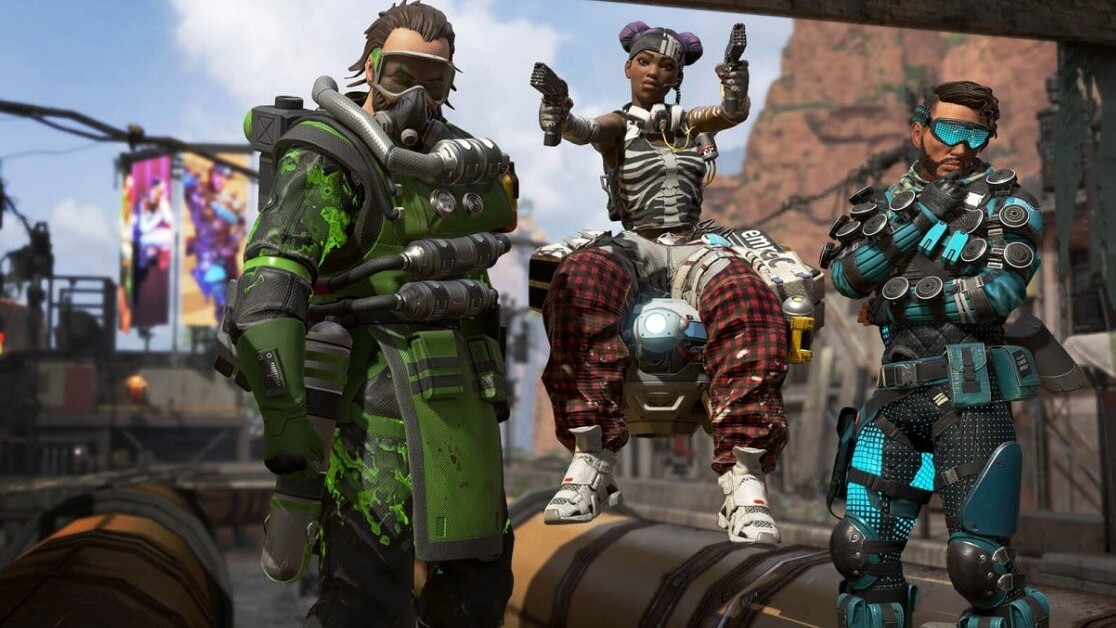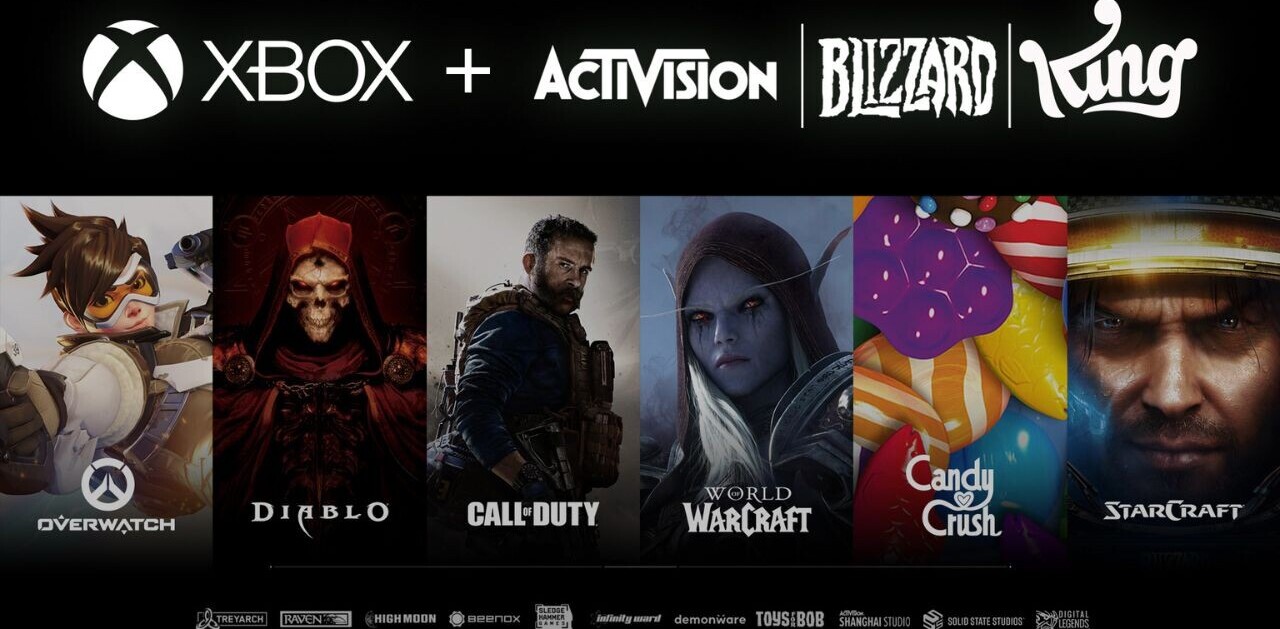
Accessibility in games is more important now than ever, thanks to changing legislation in the US and increased awareness among consumers. Major game companies are trying harder to make sure everyone can play. EA’s surprise Titanfall battle royale Apex Legends provides a good example for how you can use clever in-game communication features to make life easier for players with speech or language disorders.
Open mic night
Apex Legends’ “ping” system is a method of communicating that doesn’t require speech, perfect hearing, or typing, meaning it’s accessible to a far greater variety of players besides the usual glut of people shouting commands to each other over headset mics. It allows you to use specific button prompts to paint targets, communicating detailed commands to your teammates on the fly.

You’ve probably seen some variation on this before. Overwatch, for example, has a communication wheel that allows you to greet and thank your teammates, as well as request healing (yes, I’m a Genji main, and I regret nothing). Battlefield also has a similar system for marking enemy targets.
Apex Legends’ ping wheel, though, is a bit more extensive. You can point out specific items, to let your teammates know where they are, mark enemy positions, and indicate where you’re digging in to defend — all with one or two buttons. Each command is marked with a distinct icon so other players can see at a glance what you’re referring to.
Fun fact: We playtested for a month with voice comms off and fake names to simulate playing with random people, and that allowed us to feel things out in an authentic way. Awesome to see folks using and enjoying Smart Comms! https://t.co/biRUBQ1l3o
— Apex Legends (@PlayApex) February 6, 2019
The beauty of this system is that it’s helpful even for non-disabled gamers. If you are playing solo and are matched with strangers, you can be shy and avoid openly speaking to them. If you and your teammates don’t speak the same language, you can still get your point across. But for those who do suffer from speech or language disorders, it levels the playing field.
Everybody plays
Accessibility in games has become an even more important topic than it used to be, in part due to game developers raising the bar for both accessible hardware and software.
For example, Microsoft released its Adaptive Controller last year, and you might recognize it from this year’s Super Bowl commercial (see below). It’s designed to help those with physical disabilities play their games more easily via remappable buttons and ports for myriad external devices. The commercial summed it up by saying “When everybody plays, we all win.”
Game makers are indeed making more of an effort to include options to improve accessibility. Some games have created more settings to help users who are visually impaired or hard of hearing, with everything from color correction options to on-screen indicators of sound.
But for all the steps they’ve taken, some developers have become strangely lax about solutions for those with speech or language disorders, for whom speaking in a voice chat might be difficult or impossible.
For example, Bethesda’s Fallout 76 multiplayer RPG launched without text chat, forcing players to endure perpetually open mics or resort to the game’s rather anemic library of emotes to communicate. It wasn’t until a month after release the game got push-to-talk, and there’s still no sign of text chat.
Bethesda isn’t the only studio to make this oversight. Electronic Arts and Bioware are launching Anthem, their multiplayer jetpack exploration sim, without any form of text chat. The game’s creative director, Brenon Holmes, implied in a Reddit thread the reason the development team weren’t going to implement it was due to a requirement forcing them to include text-to-speech for text chat. These “accessibility options that we are required to implement…unfortunately complicates what might normally be an easier feature. Right now we’re still figuring out what is feasible to do.”
Mandated Accessibility
So what requirement is Holmes talking about? In 2010, then-President Obama signed into law the Twenty-First Century Communications and Video Accessibility Act (CVAA). It’s essentially an update to existing accessibility laws that require all forms of communication be usable by those with disabilities. It includes a number of objectives specific to various disabilities, including limited hearing, low color perception, and prostheses. One in particular says a communication system “shall provide at least one mode that does not require user speech.”
According to Gamasutra, video games were granted a temporary waiver from the CVAA, meaning game developers didn’t have to adhere to these requirements. The Entertainment Software Association (ESA) successfully lobbied for a final extension in 2017, arguing that developers needed time to create the specific software needed to meet the CVAA’s extensive requirements.
But that waiver expired on December 31, 2018, meaning any games released after that point are required to have what Holmes called, “a bunch of additional accessibility options.” The FCC even stated in its 2017 waiver:
We expect that manufacturers of such software will use the waiver period to work on solutions designed to eliminate ACS accessibility barriers, and for this purpose will continue engaging with the disability community. Upon termination of the waiver, manufacturers of video game software must comply with the Commission’s ACS accessibility requirements.
This snubbing of text chat due to the requirements for text-to-speech is disappointing, considering how many players can benefit from it, but it’s not always the be-all, end-all for accessibility either. To be fair, there are situations where typewritten chat is untenable. Console players, for example, don’t generally keep keyboards or phones on hand for sending messages to their fellow players.
This is what makes the comms system of Apex Legends so appreciable: as games are now legally required to include options for those with speech impairments, then developers are going to need a good example to emulate.
Moving right along
Others besides Apex Legends have made some effort to include complex commands or expressions into quick chat options. Rocket League, for example, allows players to customize their quick chat options, meaning they can communicate pre-set phrases of their choice quickly to their teammates. Sea of Thieves also includes some directional sailing commands.
Overall, it seems the industry in general is moving forward in this area, rather than back, but there still remains some work to be done — and game makers are legally required to do it. It’d be a shame if multiplayer games skimped on essential forms of communication for non-verbal gamers, because games like Apex Legends shows that it can be done and done well.
Get the TNW newsletter
Get the most important tech news in your inbox each week.




